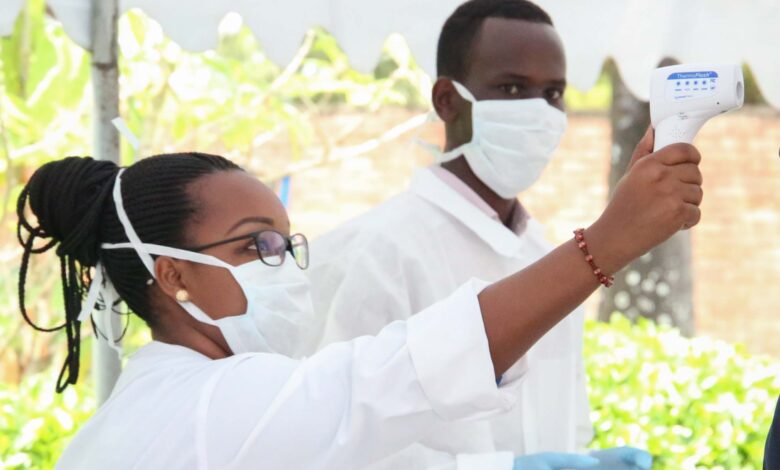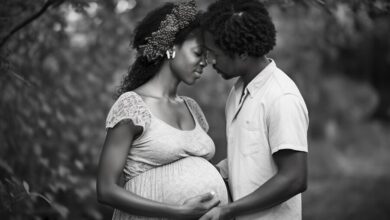What You Need To Know As South Africa Moves To Level 2 Lockdown Restrictions

What You Need To Know As South Africa Moves To Level 2 Lockdown Restrictions. The last time South Africa had a family meeting was two months ago. Back then, the country was recovering from a deadly second wave of coronavirus infections. That is when Coronavirus Alert Level 1 restrictions were implemented.
Sadly, after several months of low transmission, the number of infections has begun to rise sharply in several parts of the country. In his speech on Sunday, President Cyril Ramaphosa stated that, over the last seven days, there has been an average of 3,745 daily new infections. On the vaccine front, over 960,000 people have now received at least one dose of a COVID-19 jab.
“This is an increase of 31 per cent on the previous week, and an increase of 66 per cent on the week before that. The proportion of COVID-19 tests that are positive has more than doubled in the last month from around 4 per cent to more than 11 per cent, even as we have increased testing across the country.
We are advised that a positivity rate of over 5 per cent is a cause for concern. The provinces of Free State, Northern Cape, North West and Gauteng have reached the threshold of a third wave of infections. It may only be a matter of time before the country as a whole will have entered a third wave,” Ramaphosa said.
As expected, Ramaphosa stated that further restrictions are necessary to ensure that health facilities are not overwhelmed and that lives that could be saved are not lost. The restrictions are as follows;
- As of 31st May 2021, the curfew will start from 11pm and ending at 4am.
- Non-essential establishments like restaurants, bars and fitness centres to close by 10pm
- All gatherings will be limited to a maximum of 100 people indoors and 250 people outdoors.
- Where the venue is too small to accommodate these numbers, no more than 50% of the capacity of the venue may be used.
- If you have been in contact with a person who has COVID-19, you must also self-quarantine for a period of 10 days following your exposure, even if you do not show any symptoms.
- It remains mandatory for every person to wear a face mask that covers their nose and mouth at all times when in public spaces.
- If you test positive for COVID-19, you must self-isolate at home for a period of 10 days from when you first developed symptoms.
- If you have been in contact with a person who has COVID-19, you must also self-quarantine for a period of 10 days following your exposure, even if you do not show any symptoms.




